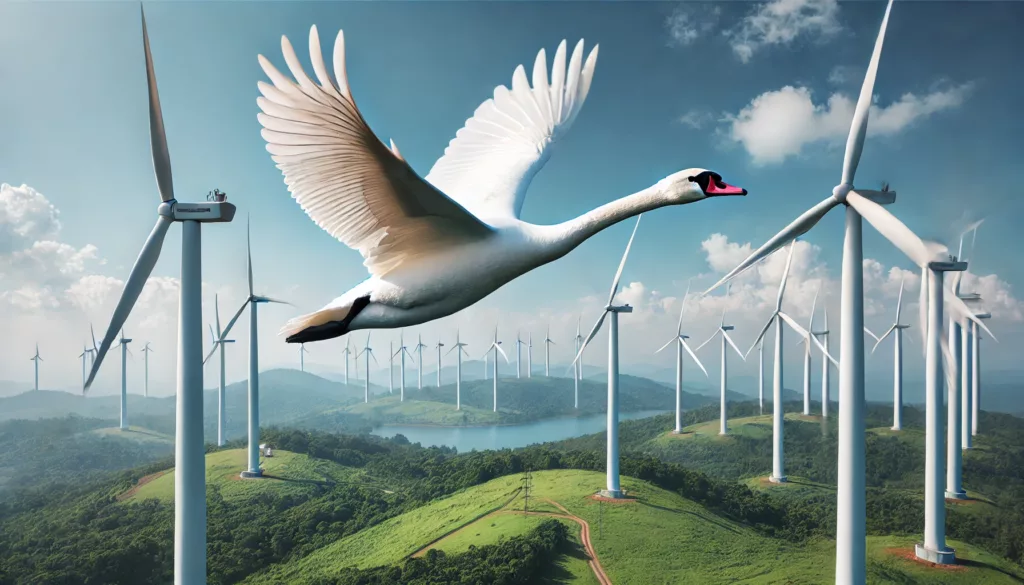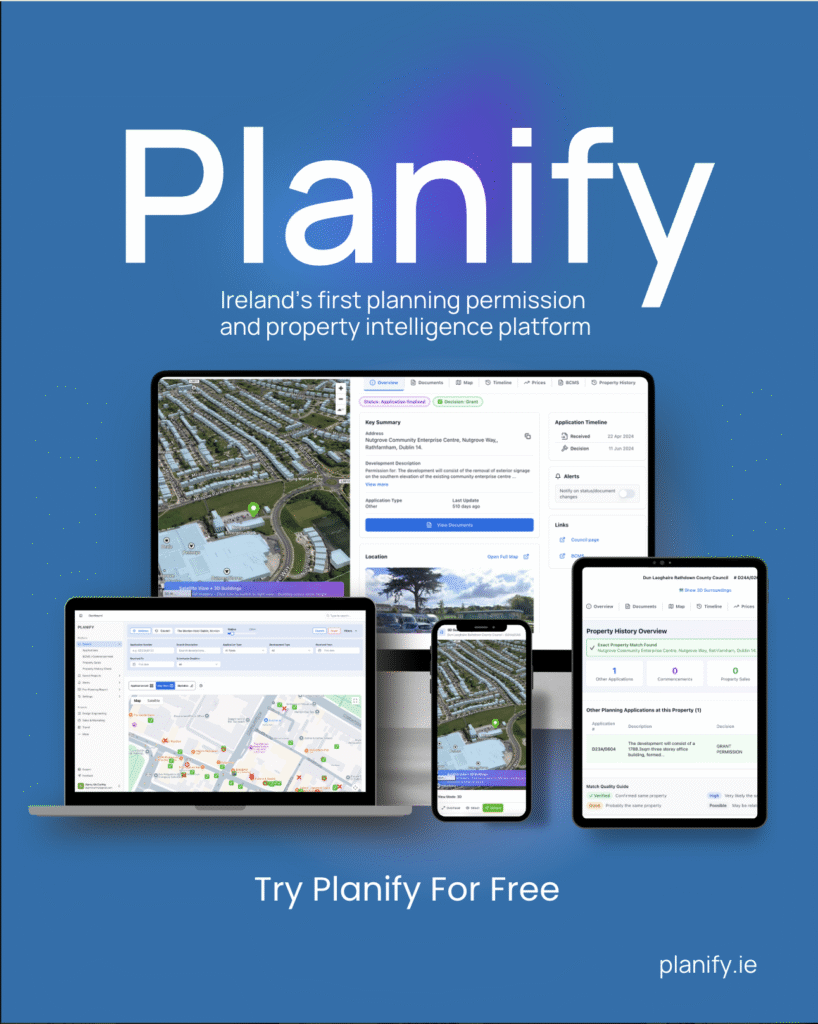A proposed wind farm in Cork has been denied planning permission due to concerns over the potential impact on the habitat of the whooper swan, a protected species. This decision underscores the delicate balance between renewable energy development and environmental conservation.
The wind farm, which was to be situated in a rural area of Cork, faced scrutiny from both environmental groups and local residents. The primary concern was the potential disruption to the whooper swan’s habitat, a species that migrates to Ireland during the winter months. The swans are known to frequent the proposed site, which serves as a crucial feeding and resting ground.
Environmental Impact Assessment
An extensive Environmental Impact Assessment (EIA) was conducted as part of the planning application process. The assessment highlighted several potential risks to the whooper swan population, including habitat loss, increased noise levels, and the risk of collisions with wind turbines. The EIA concluded that the proposed development could have significant adverse effects on the local biodiversity, particularly on the whooper swan.
Community and Environmental Group Concerns
Local residents and environmental advocacy groups voiced their opposition to the wind farm project. They argued that the environmental cost outweighed the benefits of renewable energy production in this instance. The whooper swan is a species of international conservation concern, and its protection is mandated under various national and international laws, including the EU Birds Directive.
One local resident stated, “While we support renewable energy, it should not come at the expense of our wildlife. The whooper swan is an integral part of our natural heritage, and its habitat must be preserved.”
Planning Authority Decision
The planning authority reviewed the EIA findings and the public submissions before making its decision. In their ruling, they emphasized the importance of protecting the whooper swan’s habitat and maintaining the ecological integrity of the area. The authority concluded that the potential environmental impact was too significant to grant planning permission for the wind farm.
Renewable Energy vs. Environmental Conservation
This case highlights the ongoing challenge of balancing the need for renewable energy development with the imperative of environmental conservation. Ireland has ambitious targets for increasing its renewable energy capacity as part of its commitment to reducing greenhouse gas emissions. However, this must be achieved without compromising the country’s rich biodiversity.
The rejection of the Cork wind farm proposal serves as a reminder that sustainable development requires careful consideration of all environmental impacts. It also underscores the need for thorough planning and consultation processes to ensure that renewable energy projects do not harm protected species or their habitats.
Future Prospects for Wind Energy in Ireland
Despite this setback, the future of wind energy in Ireland remains promising. The country has significant wind energy potential, particularly in offshore wind farms, which are less likely to impact terrestrial wildlife. The government is actively promoting the development of offshore wind projects as part of its renewable energy strategy.







